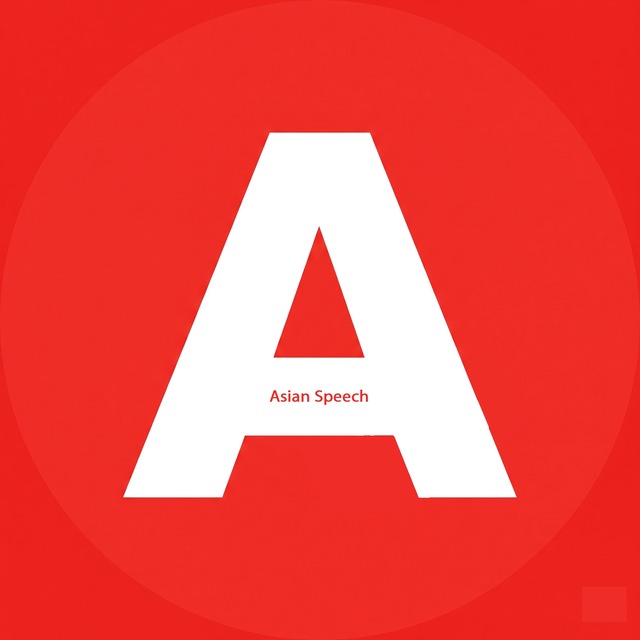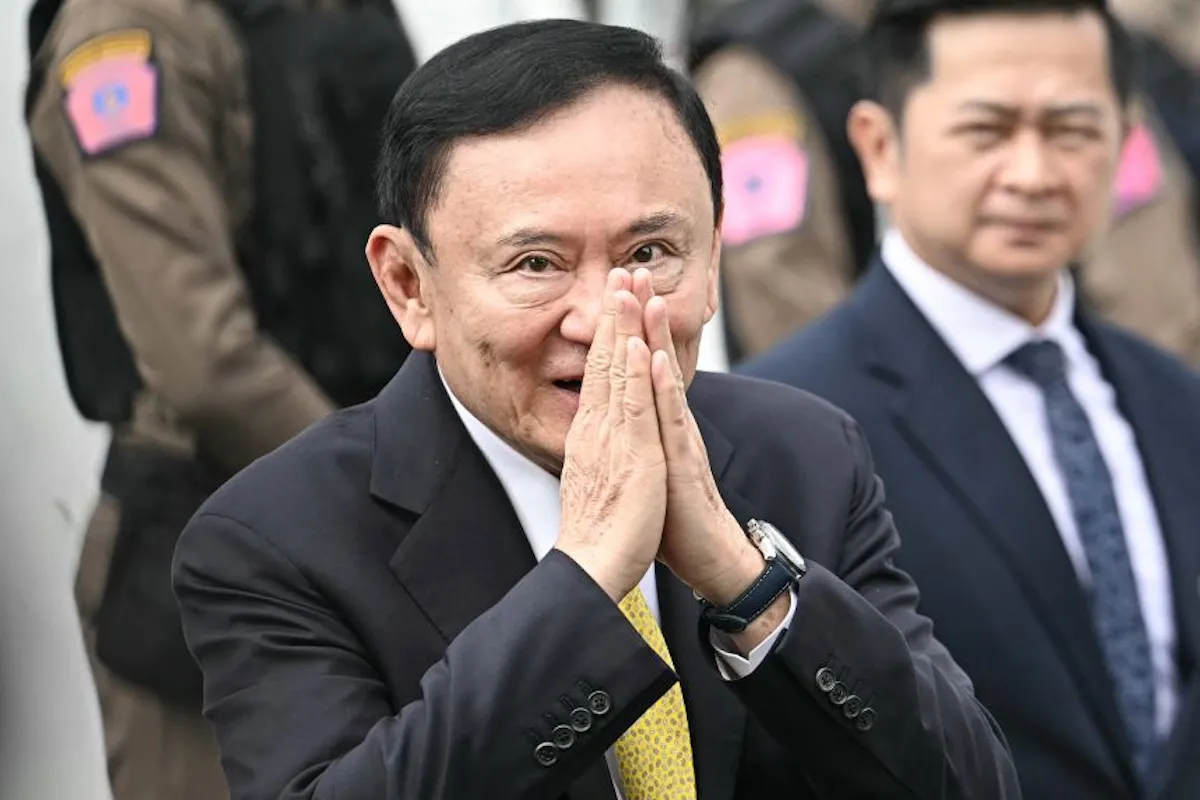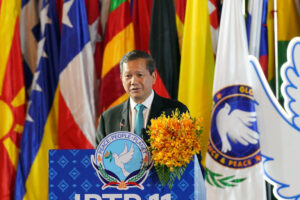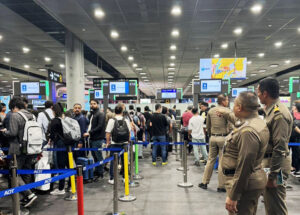Finally, Thailand’s Thaksin goes to prison
BANGKOK – Thaksin Shinawatra, the criminally convicted, coup-toppled and ever-polarizing former prime minister, is finally headed to prison after 15 years in self-imposed exile and a commuted sentence that court judges ruled today was dodged on falsified emergency health grounds.
The Supreme Court’s Criminal Division for Holders of Political Positions ruled today that Thaksin’s six-month stay in a VIP police hospital suite in 2023 did not count toward his commuted sentence, which had been reduced from eight years to one under a royal pardon.
Thaksin was released on parole in 2024 and was widely seen as ruling from behind the scenes of Prime Minister Srettha Thaivisin and then his daughter Paetongtarn Shinawatra’s coalition governments. Both were toppled by court decisions, with Paetongtarn’s falling on August 29, for ethical violations.
Thaksin, who was ordered to attend the verdict reading, had apparently fled the kingdom on his private jet on September 5, again citing health reasons, but somewhat surprisingly returned from whirlwind stops in Singapore and Dubai to appear in court.
The ex-premier struck a contrite, not confrontational, tone in what appeared to be a prewritten X statement anticipating a guilty ruling. In it, he expressed “deep gratitude” to King Vajiralongkorn for first commuting his sentence, which he characterized as an “infinite act of kindness.”
He wrote that all the cases against him stemmed from the 2006 coup that ousted his elected government, expressed hope for a resolution to past conflicts, and vowed to spend the rest of his life “serving the monarchy, the land of Thailand and the Thai people” regardless of his future status.
Local media showed Thaksin being transported to Bangkok Remand Prison in an air-conditioned police van – a face-losing image he had clearly sought to avoid when he first returned to Thailand in August 2023, when he was seen prostrating before an image of Vajiralongkorn before proceeding to elude even a single night in a prison cell.
Thaksin’s perceived lenient treatment sparked a firestorm among royalist rivals who felt he had violated the terms of an unspoken royal deal that allowed his return to the kingdom in exchange for transforming his red-clad and often anti-royal movement into a yellow-washed bastion of loyalty to the crown. That fury frothed as he overtly ruled his daughter’s government from only barely behind the scenes.
It remains unclear if Thaksin had expected to receive a full pardon of his eight-year sentence and was surprised upon landing to learn that he owed eight months behind bars, setting in motion his bogus ill-health claims. Nor is it clear whether earlier “ethical” court decisions against Srettha and Paetongtarn were cloaked palace punishment for Thaksin’s prison dodge.
Speculation is already rife that Thaksin, 76, could receive yet another royal pardon allowing for his early release, a new deal possibly timed with national holidays commemorating the late King Bhumibol Adulyadej, who was on the throne when Thaksin was toppled and his Red Shirts stirred anti-monarchy sentiment.
Bigger political questions swirl around the future of Thaksin’s Peua Thai party, currently the second-largest in parliament but now in opposition after Paetongtarn’s fall amid a nationalistic surge over her bungling of Cambodia border tensions and perceptions she and her father put personal ties and business deals before national interests in dealing with strongman Hun Sen.
Last week, nine Peua Thai MPs broke ranks to vote for Bhumjaithai Party leader Anutin Charnvirakul as the nation’s next prime minister, derailing Thaksin’s last-gasp bid to make Peua Thai’s last eligible candidate, the bland ex-attorney general Chaikasem Nitisiri, the kingdom’s next leader.
Chaikasem, who, like the top-ranking progressive People’s Party, had advocated for reform of the draconian lese majeste law, frequently and severely used to stifle any calumny or slight of the royal family, failed to win the upstart party’s support despite vowing to immediately dissolve the House and call snap elections recent polls show the People’s Party would win in a romp.
Instead, the People’s Party backed Anutin’s pledge to fast-track constitutional reform call new elections within four months, a timeline few analysts believe he will honor as long as his and his party’s popularity languishes in opinion surveys. A NIDA poll conducted in late June showed only 9.6% of Thais supported Anutin as premier, while just 9.8% favored Bhumjaithai.
Some suspect the royal-loyal Anutin may have hinted at possible leniency in a long-pending lese majeste-related case that threatens to ban 44 People’s Party members, including 25 sitting MPs. If true, it could mark the first sign of a palace rapprochement with the young party that swept Bangkok in the 2023 election.
If so, it would also reflect a well-worn carrot-and-stick approach judging by Monday’s lese-majeste ruling against People’s Party MP Chonthicha Jangrew, who was sentenced to two years and eight months in prison for a 2020 Facebook post critical of royal spending. She plans to appeal the ruling.
That type of legal pressure may persuade the People’s Party to allow Anutin’s minority government, which some say has the hallmarks of a royally-constructed coup administration with its appointment of conservative technocrats with no known links to Bhumjaithai to top-most portfolios, to remain in place longer than the agreed four months.
That would give Bhumjaithai more time to court opportunistic Peua Thai MPs who may decide their political futures will be better served by Anutin’s largesse than Thaksin’s call for loyalty from behind bars. The People’s Party may also benefit from defections among Peua Thai MPs who never fully embraced Thaksin’s pivot from pro-democracy red to pro-establishment yellow.
Still, the wily Thaksin has been counted out before only to regroup and retake power through one pliable proxy or another. While his messaging on the way to prison today was contrite and humble, he will no doubt seek to frame his time behind bars – however brief and air-conditioned – as the plight of a persecuted democrat.
Whether that narrative will rejuvenate and unify his beleaguered and splintering Peua Thai party and resonate the same with the rural masses after his deep and repeated bows to a conservative establishment he once openly despised will become clear soon enough at the next polls – at which he may very well be in a cell rather than on the campaign trail.
Source: Asia Times





